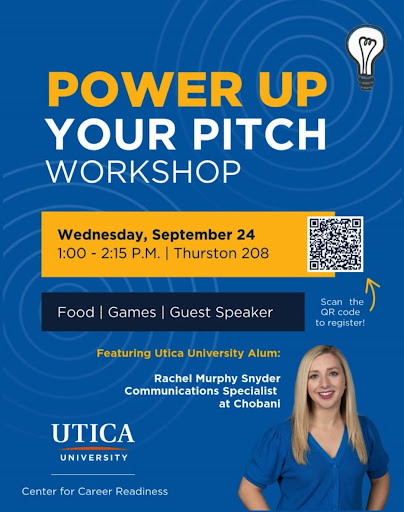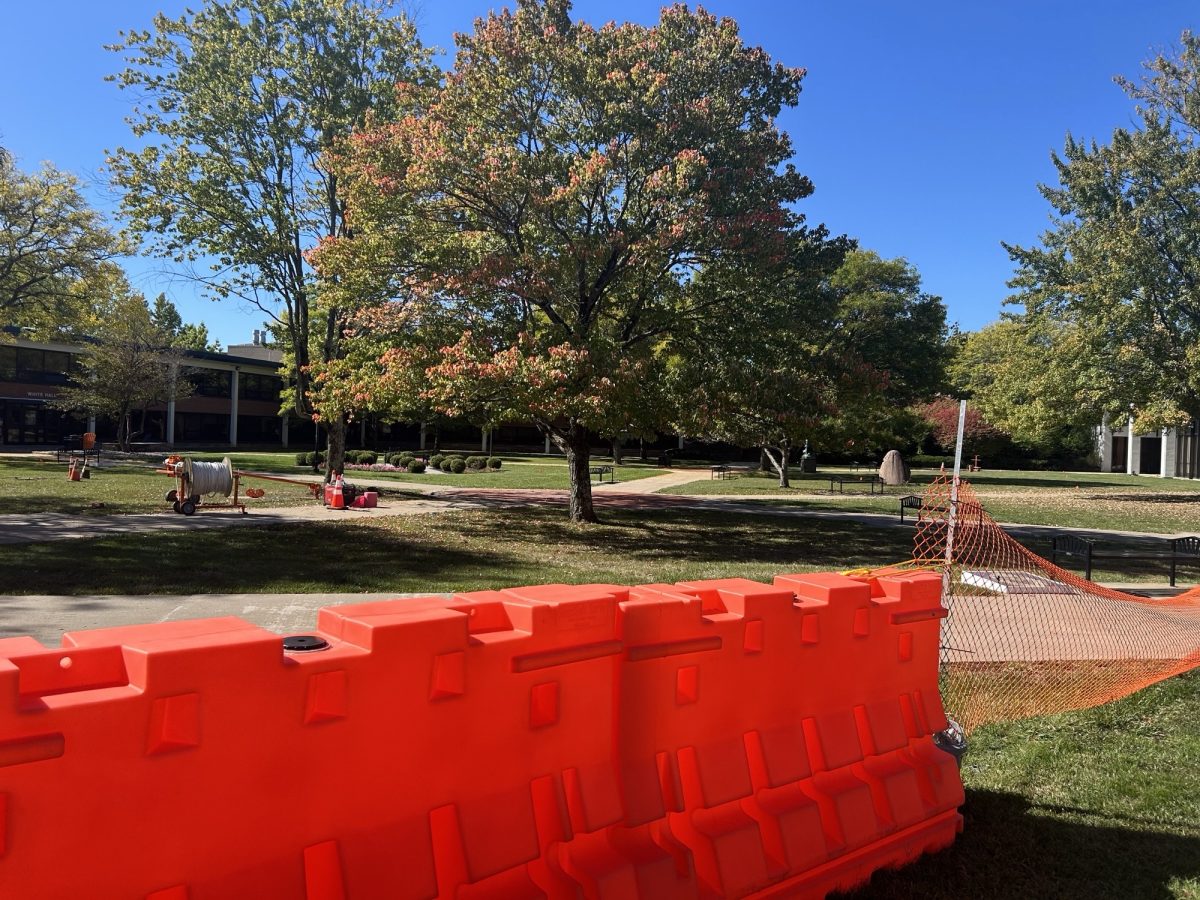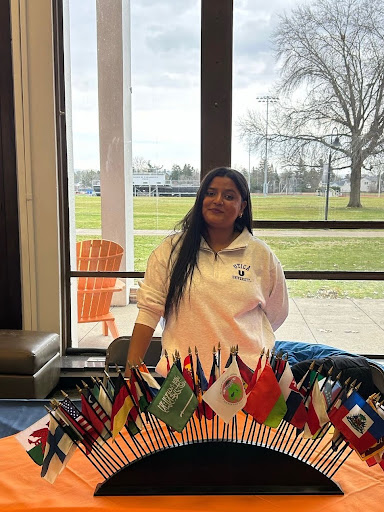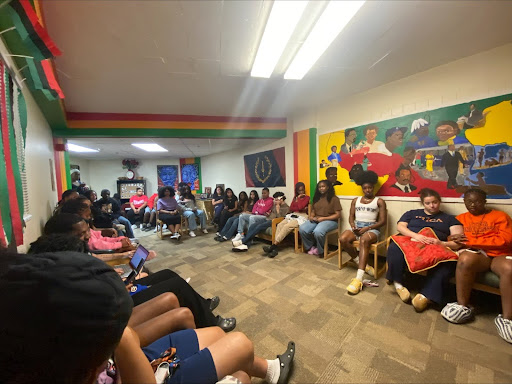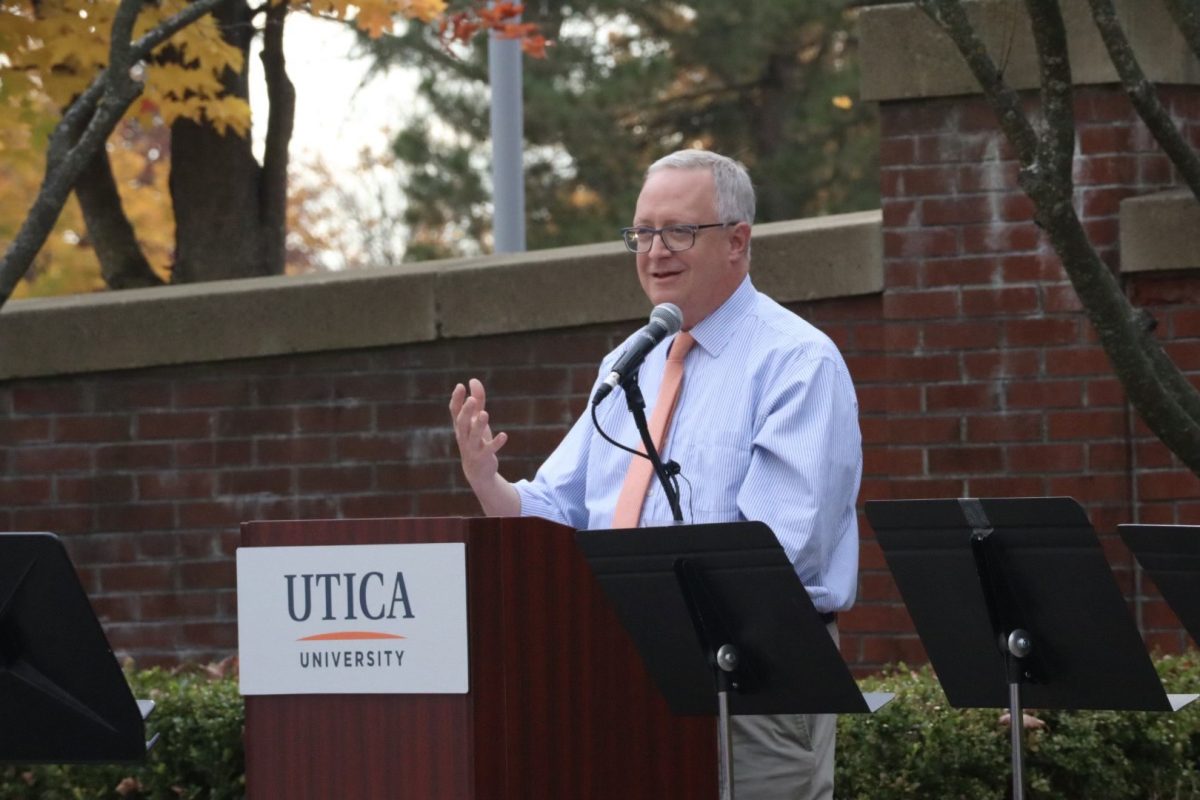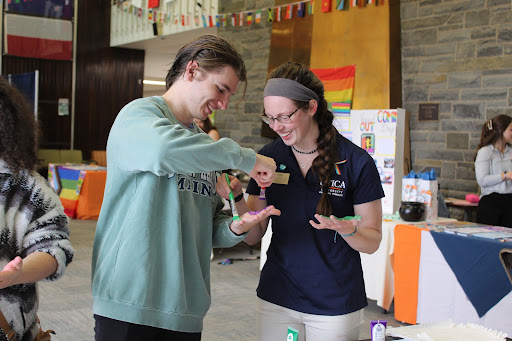CORRECTION: A story that ran in the Oct. 25 issue of The Tangerine needs clarification. Accreditation now happens every 8 years. It used to be 10, but the Middle States Commission changed. The Academic Assessment Committee is not in charge of the process. The self-study is the responsibility of a steering committee chaired by Rachel Wolfe, associate professor of theatre, and Kailea Murray, director of the center for career readiness.
Utica University has started the accreditation process that entails composing a self-study report to meet the requirements of the Middle States on Higher Education. MSCH ensures the quality and excellence of higher education through peer review, assessment and evalutation.
The planning is extensive and takes two and a half to three years, according to Ann Damiano, chair of the Academic Assessment Coordinating Committee (AAC). After enrolling in the Self-Study Institute, a training that occurs two years before the accreditation visit, a self-study design needs to be submitted to MSCHE for approval before it can be completed.
“I can confidently say that we are very well prepared for accreditation this time,” Damiano said. “For starters, we have people working on the self-study report who have ample experience with Middle States accreditation. Finally, we have people working on self-study who have presented at several Middle States conferences over the past decade. More importantly, the University has regularly monitored compliance with accreditation standards over the past six years.”
Laura Salvaggio, a current member of AAC, said Middle States visits every 10 years to ensure that the university is performing work that makes it worthy of the educational institution it is. She said they have the authority to place the university on probation or terminate accreditation completely if they believe it is not up to par.
“There was a good deal of concern ten years ago,” Salvaggio said. “The level of confidence that we are doing well is far higher this time.”
According to Damiano, federal financial aid funds and the value of degrees issued depend heavily on accreditation.
“To put it simply, if the institution is not accredited, the degrees it issues are worth very little. Most jobs and graduate/professional schools that require degrees require degrees from an accredited institution,” Damiano said. “Additionally, if we are not accredited, our students cannot benefit from Title IV funds. That is, they would not be eligible to receive federal financial aid, such as Stafford Loans, Pell Grants or College Work Study.”
Salvaggio said even when well-prepared, there is still a lot of work to be done.
“This is quite an adventure that we’ll be on for a couple of years as we run a self-study to look at the results of 10 years of assessment and decide what they mean to our institution on a larger scale,” Salvaggio said.
Based on the AAC’s timeline, the design will be submitted in early January, and work will start on the self-study in the spring semester.
“Accreditation is fundamental to an institution,” Damiano said.
The AAC would like to have a student representative on the working group for Standard IV, which addresses student experience support. The student should be a sophomore or junior since it is a two year journey.
Interested students can contact Ann Damiano at [email protected], with their reason for being interested in this position and explain their engagement with student life at Utica University.































































